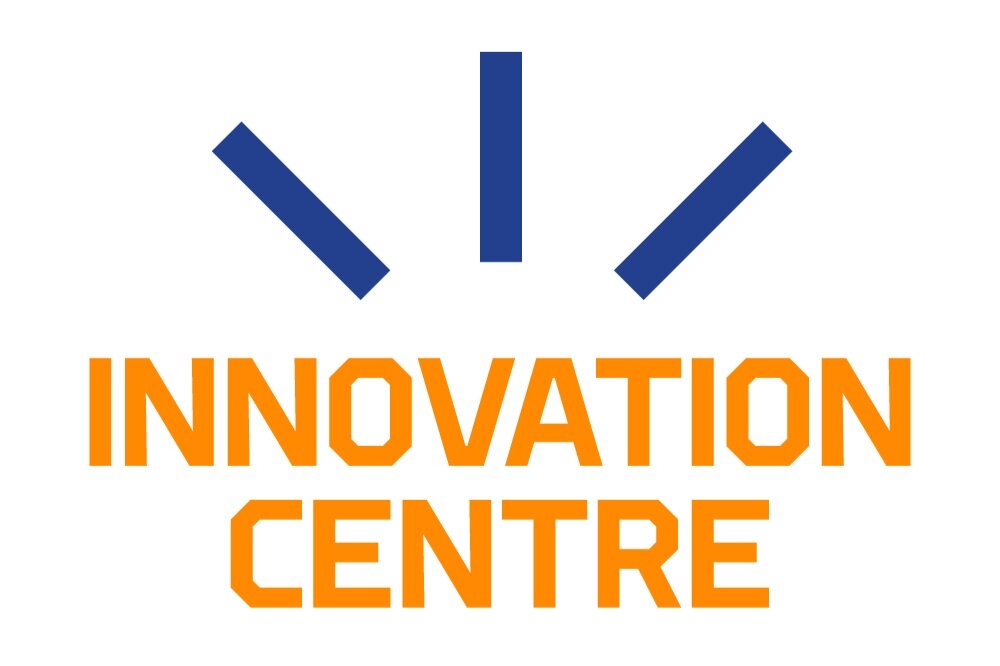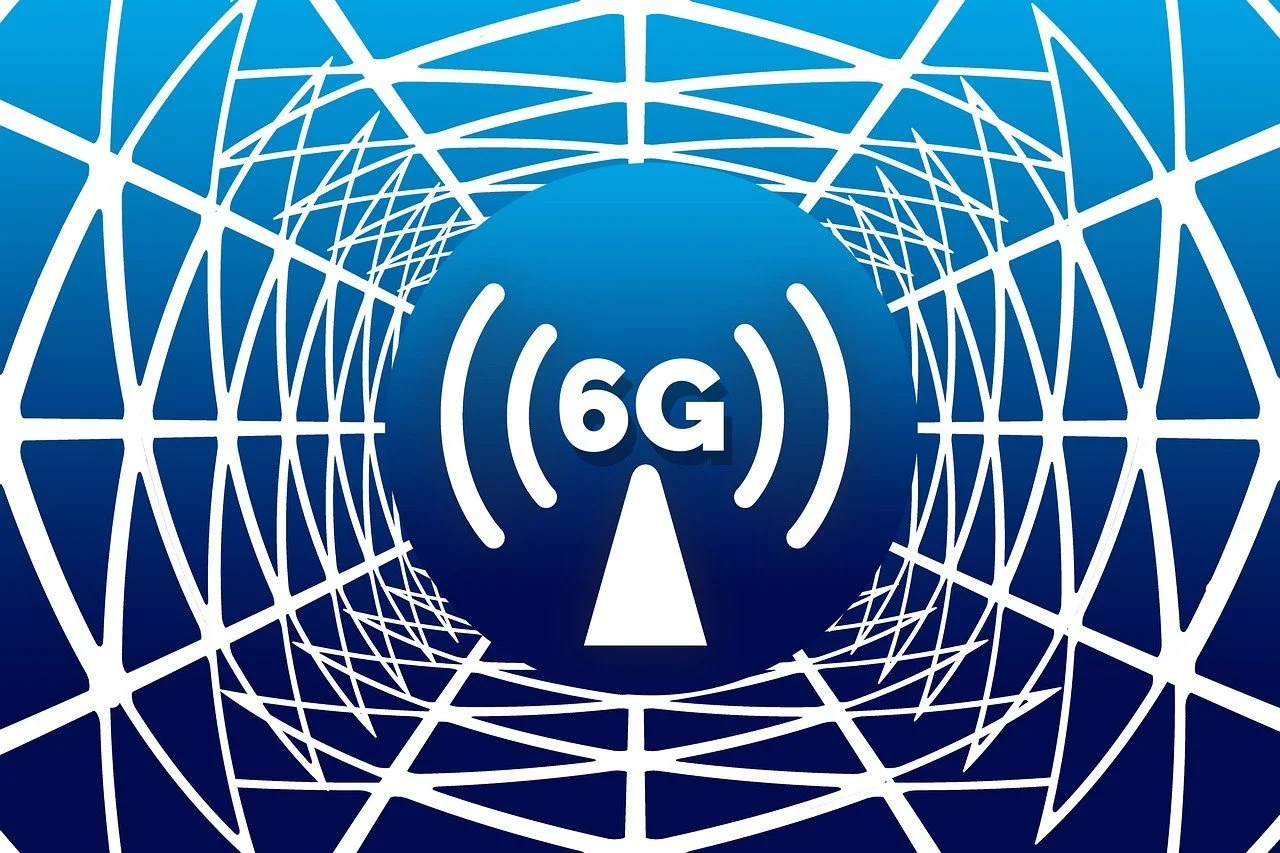6G brings new solutions to health technology
Kirjoittanut Vilma Lehto
The University of Oulu is running a 6G Flagship research program, which involves a wide range of research around 6G. Wearable wireless measurement devices enable early-stage diagnostics.
We previously introduced the EMETA project. Now, we present the 6G Bridge project, funded by Business Finland and associated with the 6G Flagship and 6GESS (6G-Enabled Sustainable Society) programs.
In the 6G Bridge - Next generation healthcare and wearable diagnostics utilizing 6G project, the focus is on exploring how 6G technology can be utilized in future health technology.
In the future, healthcare and diagnostics will increasingly extend beyond hospitals, reaching patients' homes. For instance, diagnostics, including disease determination and monitoring, can be conducted more extensively in the home environment of patients. The opportunities provided by 6G can be leveraged for this purpose.
6G technology can be utilized in small sensors for measuring individuals. Data can be collected as needed, continuously, and in everyday environments such as at home and at work. According to the project leader, Teemu Myllylä, an Associate Professor at the University of Oulu, when data is collected outside the hospital, diagnostics based on continuously changing trends in signals can develop through this.
Three different pilots are currently underway
There are currently three different pilots underway in the project, related to measuring brain activity and specifically cerebrospinal fluid circulation, which is a key research area for Myllylä's research group. The developed technology is now being explored as wireless measurement technology.
In the first pilot, the effects of radiation therapy on brain function in patients with brain cancer are measured in collaboration with Oulu University Hospital. In a previous project funded by the Research Council of Finland, the effects during radiation were measured. Now, with the 6G Bridge project, the research is expanded so that patients' responses to radiation therapy are measured between treatment sessions, both in the hospital and at home. This provides valuable information about the possibilities of utilizing 6G technology in concrete future clinical applications.
"The idea is to obtain individual-level responses to the effects of radiation. In the future, radiation therapy can be optimized to be sufficient to destroy cancer cells without causing excessive harm to, for example, healthy tissue."
The second ongoing pilot focuses on sleep-time measurements.
"We want to understand what happens in the brain during sleep, especially related to the functioning of the brain's waste clearance system. We are currently collecting data from healthy individuals in the Netherlands, England, and Finland. Additionally, the intention is to later collect sleep data from radiation therapy patients. This could be relevant for diagnostics, as radiation therapy can also affect the quality of sleep. 6G is linked to this in that we can collect a larger amount of data, specifically in home environments, and develop real-time data analytics," explains Myllylä.
The third pilot focuses on patients with Alzheimer's or dementia. Data is collected from patients at different stages of the disease; some are in the early stages, while others have progressed further. The goal in this pilot, too, is to develop new diagnostics with the help of 6G. Calculation models based on machine and deep learning require a large amount of data, which can be reliably and securely collected using 5G/6G technology.
"We are collecting data in five different countries. To handle the data in a controlled manner, we utilize various cloud services, and 6G serves as an interesting enabler in that context. The idea is to simultaneously explore the possibilities of 6G. In our research, we identify the needs we have for 6G and also assess its capacity."
Matchbox-sized brain meter
The common goal in the ongoing pilots and at the same time in the project itself is to develop new, as early as possible diagnostics for health care. This facilitates the earlier start of treatment, which in turn correlates with a better healing outcome.
“If people can measure their own brain health, diseases can be detected earlier. We already have wearable devices that measure blood pressure and heart rate, but there are no devices designed for measuring brain health.”
The brain measurement equipment is intended to be in a wearable, easily portable form. It would then be roughly the size of a matchbox.
“In addition, we aim to show companies through the project what kind of opportunities 6G brings. We also test different mobile apps to see how they can be used for data collection. This enables the development of future applications.”
6G Bridge is a project funded by Business Finland, and it will continue until spring 2026, at least. In addition, there are companies involved in it with in-kind funding.
“We are building an ecosystem, so different companies are welcome to participate in the project,” Myllylä says.
"In addition, our goal is to show companies through the project what opportunities 6G brings. We are also testing various mobile applications to see how they can be utilized in data collection. This enables the development of future applications."
6G Bridge is a co-research project funded by Business Finland. The project involves close collaboration with companies, particularly with Bittium, Siemens Healthineers, and Varian.
"We are building an ecosystem for 6G health technology, so different companies are welcome to participate in the project," Myllylä mentions.
Vilma Lehto
Viestinnän harjoittelija / Communications Intern
+358 50 305 5761
vilma.lehto@oulu.fi
Blogitekstit, uutiset, sosiaalinen media, tapahtumaviestintä.
Blog posts, news, social media, events communication.



